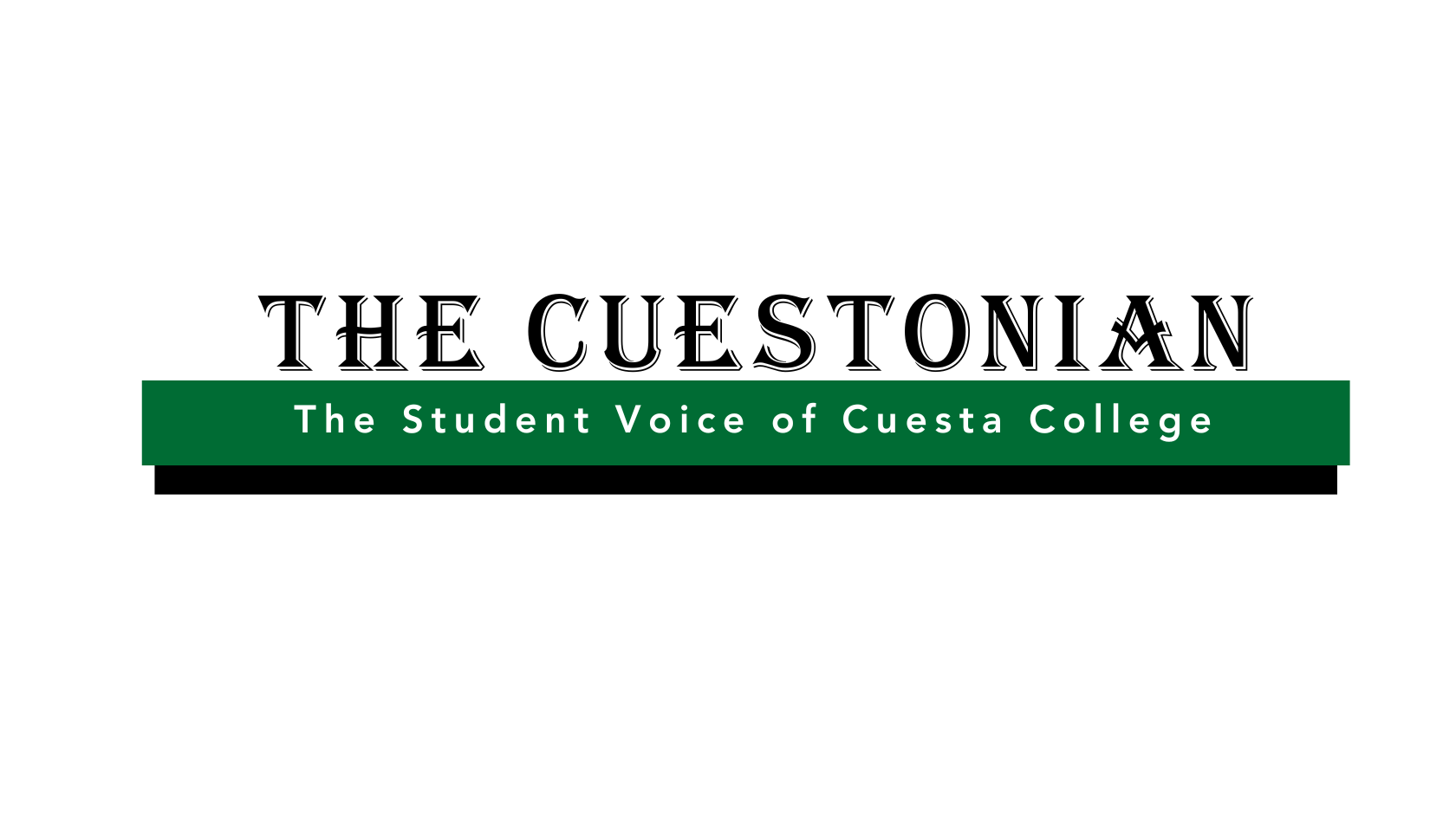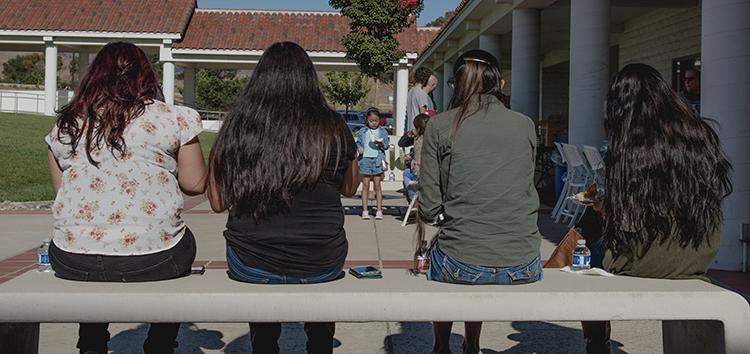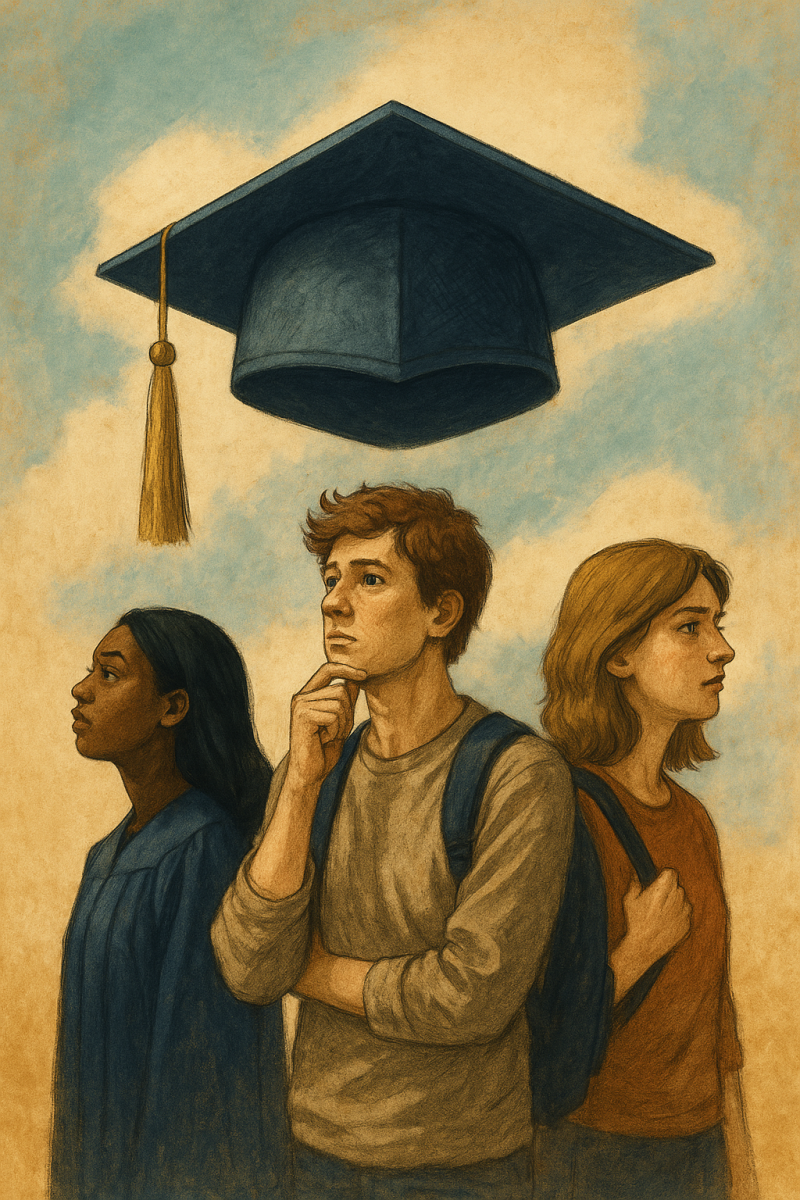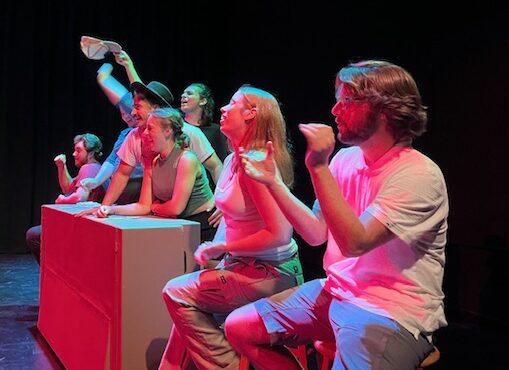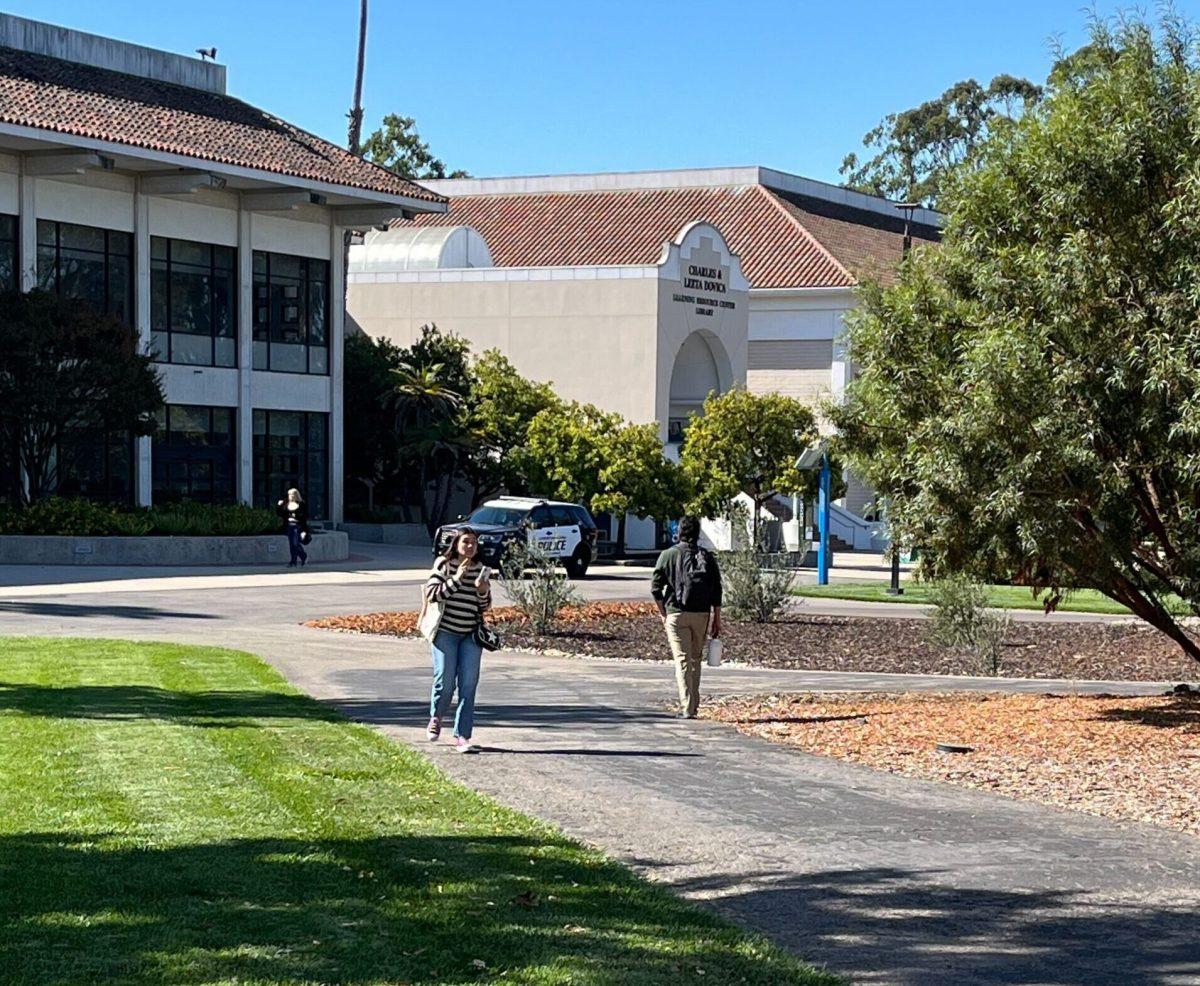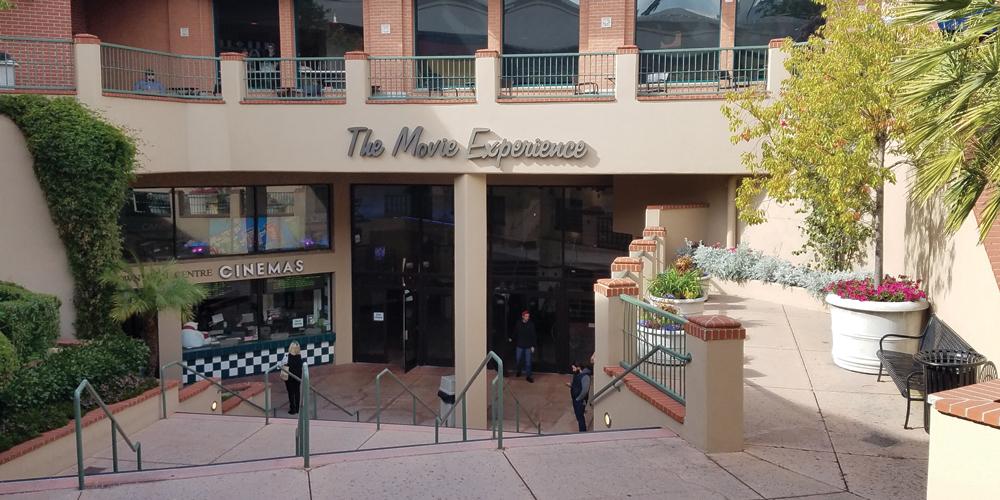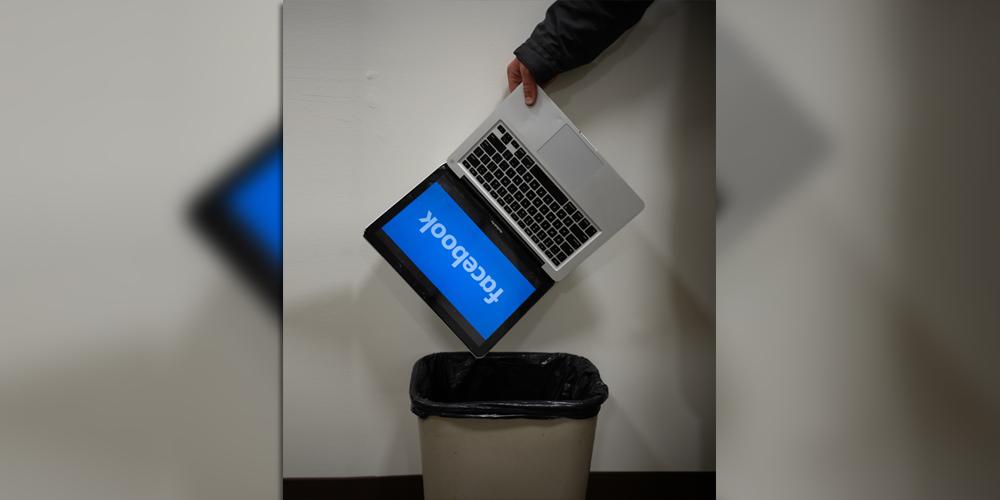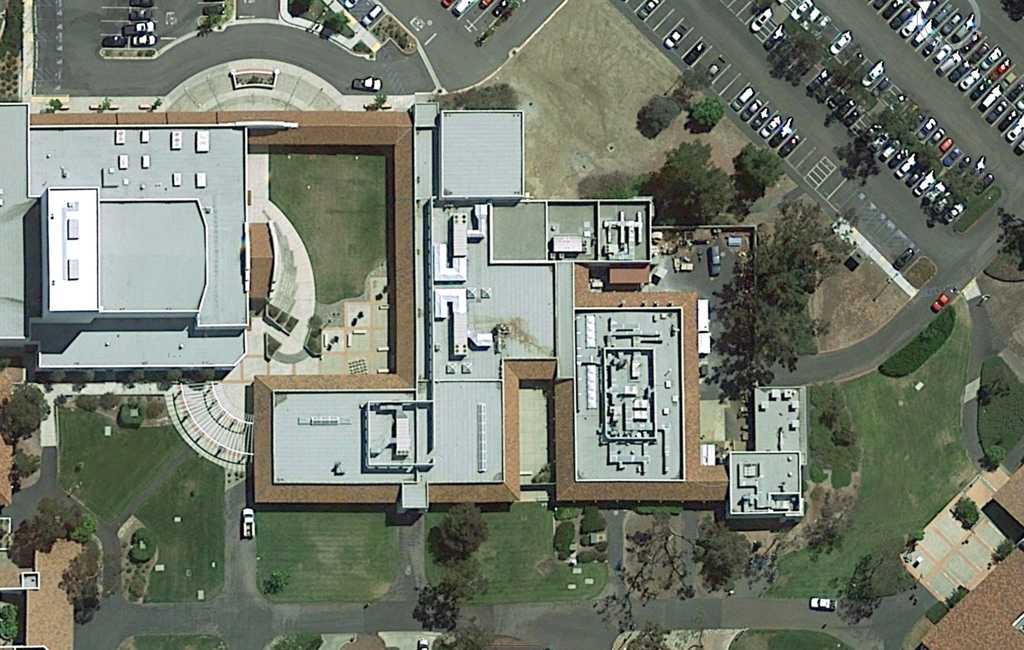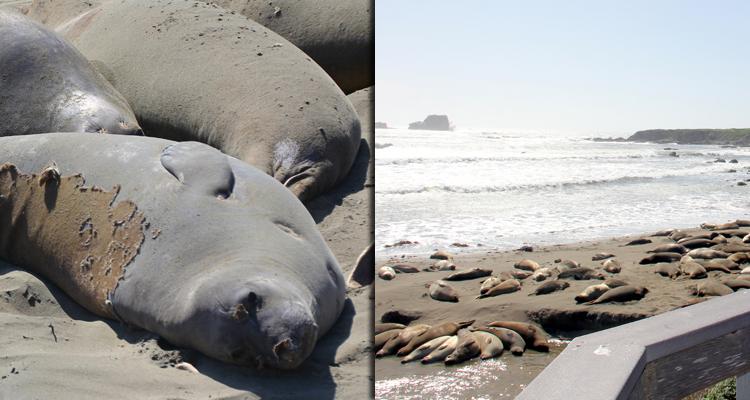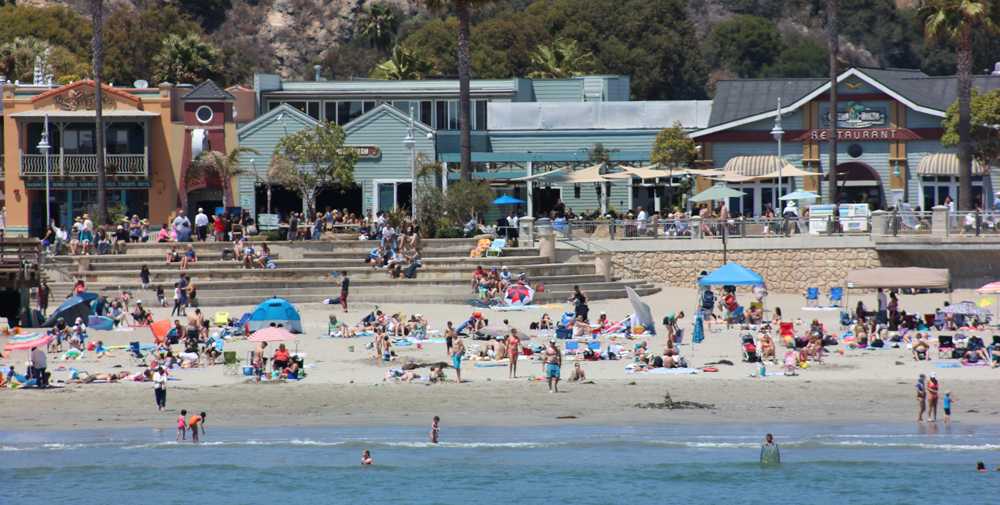Cuesta students wait for a DACA event to start weeks after Trump’s announcement of its cancellation.
Photo by Alexander Bissell / Cuestonian Photo & Video Chief
By Clara Applegarth
Features Editor
Cuesta student Moises Bautista was quietly focused on his physics homework in a Redwood City coffee shop when a robber armed with a gun stormed in, threatened the workers — and Bautista — and fled with the money.
When police arrived, Bautista helped in the search for the robber that night in 2013.
“That’s how I got my US visa,†said Bautista, who was attending Cañada College at the time. “Ronald Reagan imposed a law that if you are a victim involved in a crime, you are permitted to apply for a US visa.â€
After obtaining his US visa, he transferred to Cal Poly in 2015, and is now finishing up a couple of requirements at Cuesta.
The harrowing experience — and his new immigration status — prompted Bautista to create the online sanctuary on his website dreamersnow.com.
He launched the site in 2017 to provide a platform for students who are in the US under the Deferred Action of Childhood Arrivals program, to share their stories of success.
Now, undocumented Cuesta students are formally invited to contribute their experiences regarding immigration on Bautista’s website, freely with anonymity.
In a recent meeting with DACA students on the Cuesta campus, many commented to The Cuestonian about the site, but requested anonymity for fear of deportation.
“I think it’s great,†said an undocumented Childhood Education major. “It’s hard to understand where we’re coming from, and to be able to share our stories. It shows that we are just like any other person who’s trying to do the best for ourselves and our families.â€
DACA is a program that was implemented under the Obama Administration that allows young adults who were brought to this country as children to work and attend college legally.
There were reportedly about 570 undocumented Cuesta students in October 2017, when officials last released data to The Cuestonian. This number may be slightly inaccurate, though, because not all undocumented students disclose their status, officials said. A new request for updated data has been denied, although these numbers are reported to the state and considered public information.
On Feb. 25, the Supreme Court ruled to postpone Trump’s March 5 deadline of ending the program. Their decision allowed approximately 700,000 immigrants under the protection of DACA the chance to renew their visas and remain in the U.S.
Bautista immigrated to the U.S. on the eve of his 18th birthday and hasn’t looked back since.
“Some of my friends have been killed from refusing to be in the cartel,†Bautista said. “When you are in Mexico you really have only two options: join a cartel, where you most likely will be killed within a month, or leave town.â€
Under the protections of DACA, he had been afforded the ability to learn to speak fluent English and graduate with a degree in industrial engineering from Cal Poly.
“When Trump was elected, no one wanted to talk about it,†Bautista said. “Which makes sense because at any point they could get deported. But I asked everyone if I started a website, would they be willing to share their story.â€
The stories published on the site range from immigrants who are now architects, to immigration lawyers, and environmental engineers.
Although there are only about a dozen stories on the site, they are griping and detailed — they are telling stories of struggle and success.
Bautista encourages all undocumented students to come forward and tell their stories.
“They have made this country their county,†Estella Vazquez said, an enrollment specialist at Cuesta who aids undocumented students daily. “Let’s embrace them!â€
“I’m so glad educational institutions, nonprofits, and government leaders are coming forth to create awareness and support undocumented students.â€
